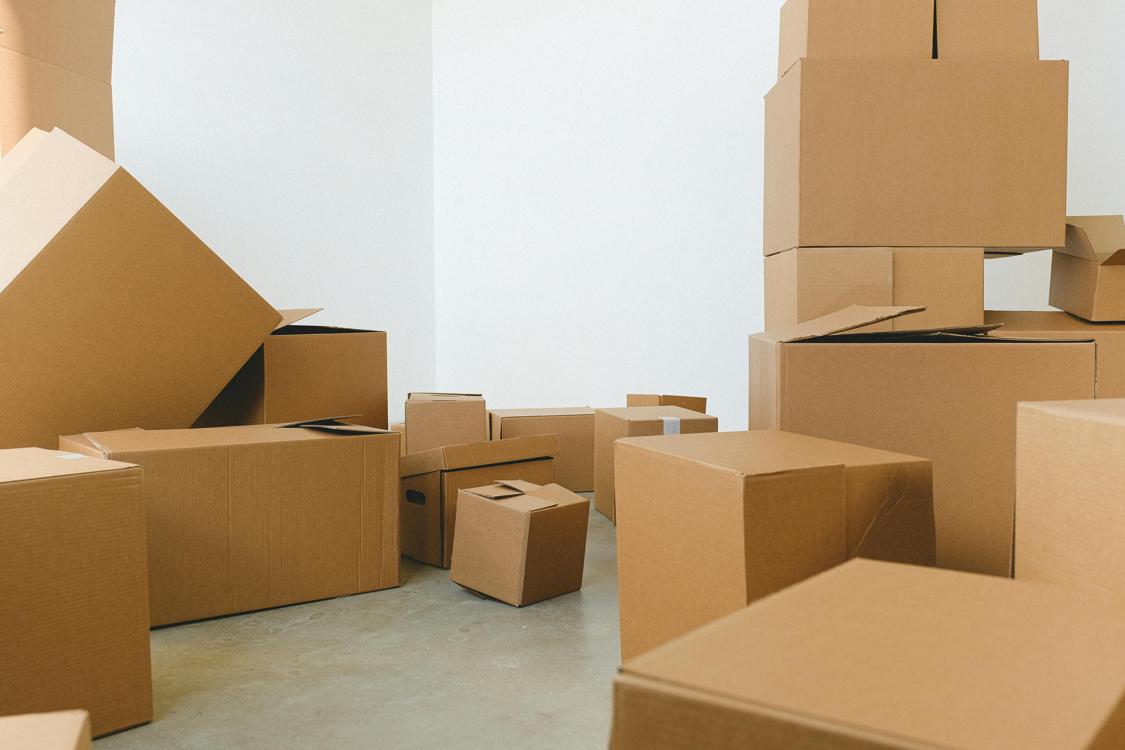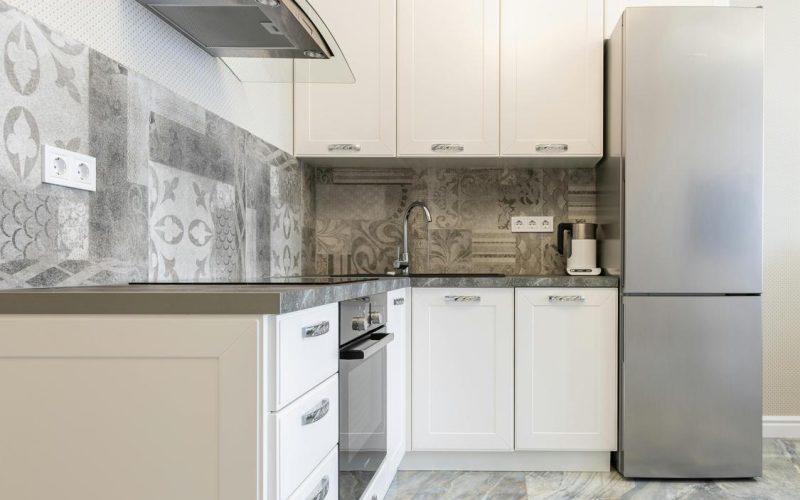Durability is a key factor to consider when choosing a flooring material. Industrial epoxy floors can withstand heavy machinery and foot traffic without sustaining damage.
This resistance is particularly helpful in industrial settings where chemical spills can occur. These chemicals can wreak havoc on concrete, but epoxy coatings prevent them from seeping into the underlying concrete and causing damage.
Durability
One of the main reasons people choose epoxy flooring is for its durability, great for both commercial and residential spaces. They are known for their ability to withstand heavy foot traffic, impacts, and exposure to chemicals and oils. They are also non-porous, which makes them ideal for high traffic or damp areas. It is important to note, however, that the lifespan of an epoxy floor depends on a variety of factors.
For example, the quality of the epoxy used can impact how long the floor will last. Many people choose to use DIY two-part epoxies available at home improvement, paint, or hardware stores. These are often hybrid products that contain the resin and hardener but also require the addition of water as a solvent. This can be problematic, as it can result in the product absorbing moisture and slowing its curing process, which can lead to cracks or chips in the future.
Additionally, the concrete surface on which the epoxy is applied can have an impact on how long the floor will last. It is important to make sure that the concrete is clean and free of any contaminants before applying the epoxy coating. This will help the resin bond with the concrete and ensure that it does not chip or crack as a result of improper adhesion. It is also important to maintain a consistent temperature during and after the installation of the floor, as this will help prevent the epoxy from expanding or contracting and increasing the risk of cracks or peeling.
It is also important to regularly inspect the floor for any signs of damage or wear. If you notice any large cracks in the epoxy or extensive surface damage, it may be time to replace it with a new coating. Smaller cracks or scuffs on the floor, on the other hand, may not be cause for concern and can usually be repaired. If you are unsure, it is always best to contact a professional for advice. They can recommend the best solutions for your needs and budget. They can also help you select the most suitable flooring for your home or business.
Customization

Custom epoxy flooring is a solution that’s crafted to meet your specific needs. The durable material is a cost-effective option that offers a high level of functionality and aesthetic appeal. The floors can withstand heavy impact and offer protection from moisture. In addition, they’re easy to clean and provide a safe environment for employees and customers.
Epoxy flooring can be customized with a wide range of color and texture options, providing an array of design possibilities that will enhance the ambiance of your space. From rich, vibrant hues to subtle and understated colors, the choices are endless. Incorporating decorative flakes, or chips, into the epoxy coating also provides additional depth and visual interest. Metallic pigments are another popular option that can create stunning effects, including those mimicking the look of marble or stained glass.
The non-porous surface of self-leveling epoxy flooring leaves no room for bacteria, mold, or pathogens to hide. This is particularly important in settings such as hospitals, pharmaceutical facilities, and food processing centers where maintaining a sterile environment is a critical requirement. Self-leveling epoxy flooring is an ideal choice for these settings due to its ability to withstand rigorous cleaning protocols and provide a seamless, hygienic surface.
Self-leveling epoxy floors are also able to withstand the impact of heavy machinery and equipment without showing signs of damage. The dense, cohesive composition of the materials prevents the floor from cracking or buckling under the stress of a large amount of weight. The non-porous surface of the floor also helps to disperse heat and absorb vibrations, preventing thermal shock that can otherwise damage concrete.
An experienced epoxy flooring contractor can help you select the best options to fit your style and décor. They’ll begin with a consultation to determine your needs, then provide a detailed quotation that outlines the scope of work and the materials required to complete the project. This transparent process allows you to avoid surprises or hidden costs and ensures that your floor is installed correctly and lasts for years to come.
When selecting an epoxy contractor, it’s crucial to find one with extensive experience and a diverse portfolio of previous projects. Ask for reviews and references from past clients to get an insight into the contractor’s quality of work. A reputable contractor will have no problem providing you with these details to give you confidence that your flooring project will be completed on time and within budget.
Easy Maintenance
Whether it’s a showroom that needs to create a sense of luxury and sophistication to match the high-quality products displayed within or a garage that requires an attractive yet durable flooring solution for welds, spills and other activities, epoxy floors deliver. The seamless and non-porous nature of this type of floor surface makes it easy to clean and maintain, saving businesses on commercial janitorial costs compared to other flooring materials such as vinyl, linoleum or carpeting.
Regular sweeping and mopping with a mild detergent is typically enough to keep epoxy floors looking their best. It’s recommended to avoid using harsh chemicals such as acidic or citrus-based cleaners as these can damage the surface or cause it to dull. Instead, a mixture of pH-neutral cleaning agent and warm water should be used for cleaning to prevent the buildup of residue that can dull the shine. Prompt spill cleanup is also key to preventing staining.
The sheen that comes with an epoxy floor also helps to illuminate large facilities and brighten dark areas, promoting visibility, improving safety and creating a more aesthetically pleasing atmosphere for customers or employees. It can even enhance branding by allowing companies to choose an epoxy color or pattern that complements their logo or other interior decor elements.
While these floors are designed to withstand heavy traffic and frequent abrasions, they can still experience scratches or other surface deterioration over time. To minimize these issues, it’s important to avoid dragging or dropping items that can scratch the floor and to use plywood or mats when moving furniture or equipment. It’s also recommended to wear shoes with a good grip to reduce the risk of slips or falls, particularly in high-traffic areas.
Epoxy is one of the most durable surfaces available and, with proper maintenance, can last for decades in high-traffic environments. Its ability to resist stains, chemical spills and heat makes it one of the most versatile flooring options for industrial or commercial applications, and its illuminating sheen improves lighting in large facilities that may not have much natural light.
Aesthetics
The smooth, shiny finish of epoxy floors gives them a clean and contemporary look that is ideal for commercial spaces. This style is often paired with industrial features like exposed ducting, brick, and beams to create a space that is modern yet still takes inspiration from its roots in history. It’s also an easy-to-clean surface, and its non-porous composition means spillages can be wiped up quickly without needing any special treatments to keep it looking good.
While carpets offer a wide range of design options, including the ability to create patterns and textures that mimic natural materials, epoxy flooring goes beyond this by offering an unlimited variety of colours and finishes. It can also be mixed with pigments to add a metallic sheen, decorative chips for a terrazzo look, and even custom designs that transform the floor into an artistic centrepiece.
Epoxy can be poured over existing concrete surfaces to provide a seamless coating that is hard and durable. Unlike vinyl, the material is also highly slip-resistant, which makes it perfect for facilities that deal with heavy machinery or foot traffic. Additionally, epoxy floors are a lot cheaper than other flooring materials. Depending on the type of epoxy used, the amount of coats, and any design elements, an installation can cost between $3-30 per square foot.
During World War II, epoxy resins were first used on military bases to protect concrete surfaces from heavy machinery and foot traffic. Since then, the technology has surged to become a popular flooring solution in both commercial and industrial settings. During the process, the floor is repaired of any cracks and holes, sanded down, and then coated with a mixture of resin and hardener. There are a number of different types of epoxy available, such as quartz-filled and non-slip versions.
While a number of other types of flooring can take up to a week or more to install, an epoxy solution can be ready for use within just a few hours. This allows companies to carry on their business with minimal disruption and prevents the need for expensive and time-consuming repairs. Lastly, the reflective nature of the epoxy surface can boost light levels by up to 300 percent, which can help save on the costs of installing additional lighting.


